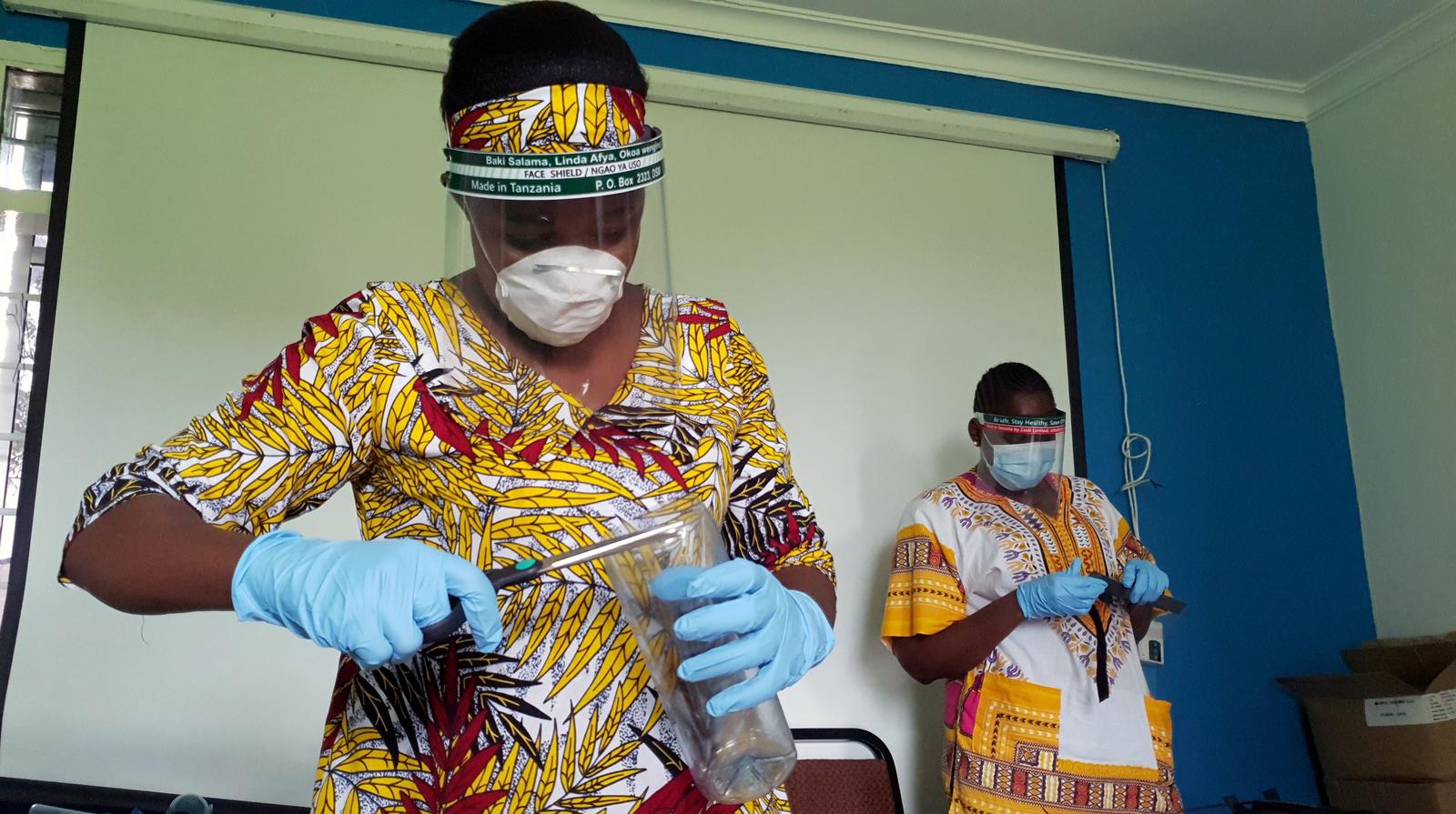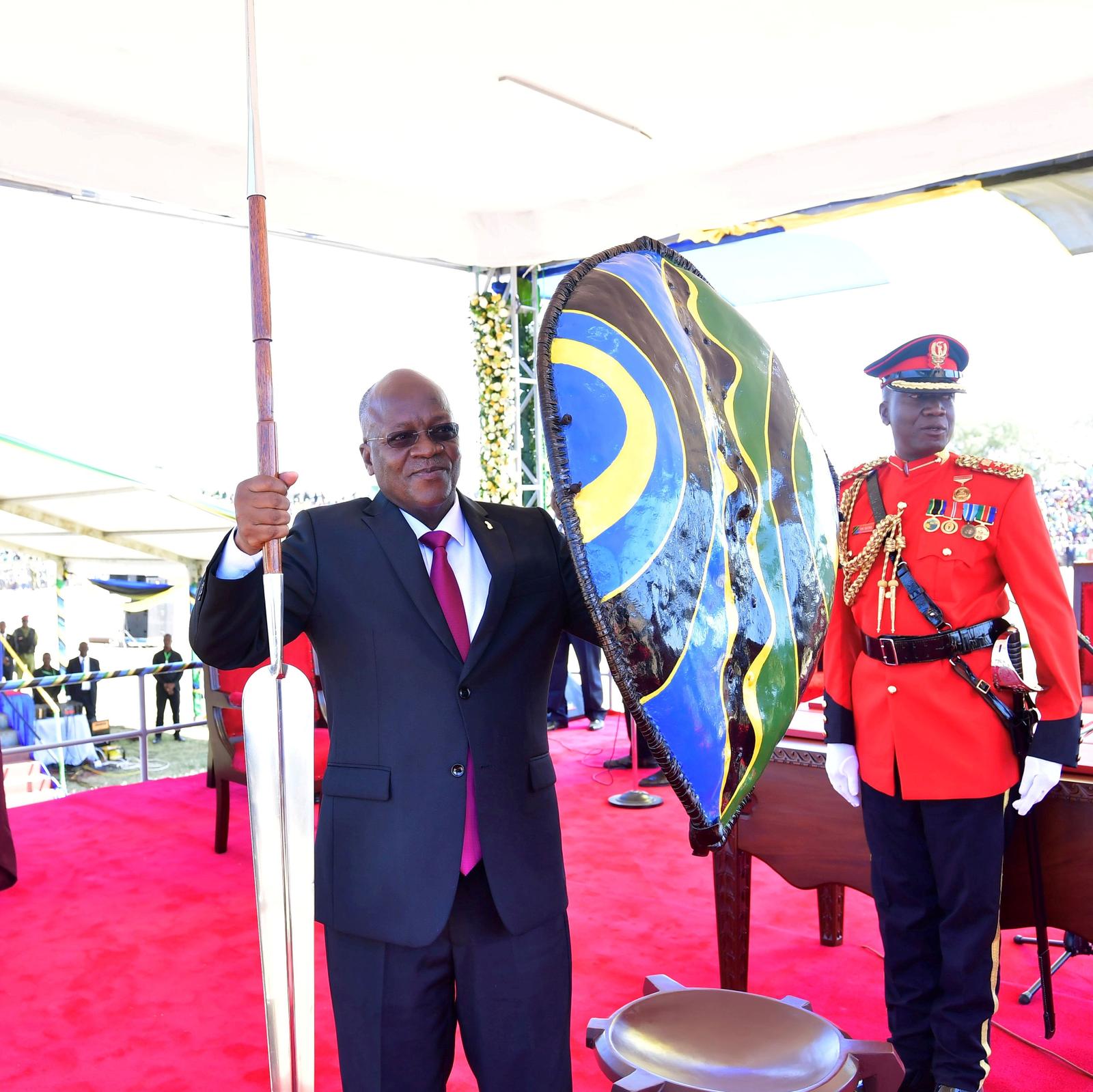Workers prepare face shields from recycled plastics at the Zaidi Recyclers workshop as a measure to stop the spread of coronavirus disease (COVID-19) in Dar es Salaam, Tanzania May 21, 2020. Photo REUTERS/Stringer
NAIROBI (Reuters) - The World Health Organization’s director-general, Tedros Adhanom Ghebreyesus, said on Sunday the organization has yet to receive any information from Tanzania on what measures it is taking to respond to the coronavirus pandemic.
“This situation remains very concerning. I renew my call for Tanzania to start reporting COVID-19 cases and share data,” Tedros said in a statement on WHO’s website.
Tedros said that in late January he had joined Matshidiso Moeti, WHO’s Africa head, in urging Tanzania to scale public health measures against COVID-19 and prepare to distribute vaccines. “I also encouraged the sharing of data in light of reports of COVID-19 cases among travellers,” he said.
Tanzanian authorities were not immediately available for comment.
Tanzanian President John Magufuli has a reputation as one of the national leaders most sceptical of efforts to combat the COVID-19 pandemic.
On Wednesday, a senior politician died of COVID-19, his party said, adding to concern about a hidden epidemic running rampant in a country that insists it has no local transmission of the disease and says it has no plans to receive vaccines.
On Friday, during a funeral service for a senior aide, Magufuli urged Tanzanians to remove fear, take precautions and put God first. He also announced three days of national prayer, according to a statement by the presidency.
The government stopped reporting data on new coronavirus infections and deaths in May last year when it had registered 509 cases and 21 fatalities.
WHO’s Tedros said in his statement that he has spoken with several authorities in Tanzania since January but “WHO is yet to receive any information regarding what measures Tanzania is taking to respond to the pandemic.”
He called on the country to implement “public health measures that we know work in breaking the chains of transmission, and to prepare for vaccination.”
And he said Tanzanian travellers testing positive for COVID-19 abroad underscored “the need for Tanzania to take robust action both to safeguard their own people and protect populations in these countries and beyond.”
On Monday, Oman’s health minister said his country was considering suspending flights from Tanzania, after 18% of travellers arriving from Tanzania tested positive for COVID-19.
Thailand reported on Monday its first case of the highly contagious COVID-19 variant first identified in South Africa, in a Thai man who arrived from Tanzania. - Reuters








